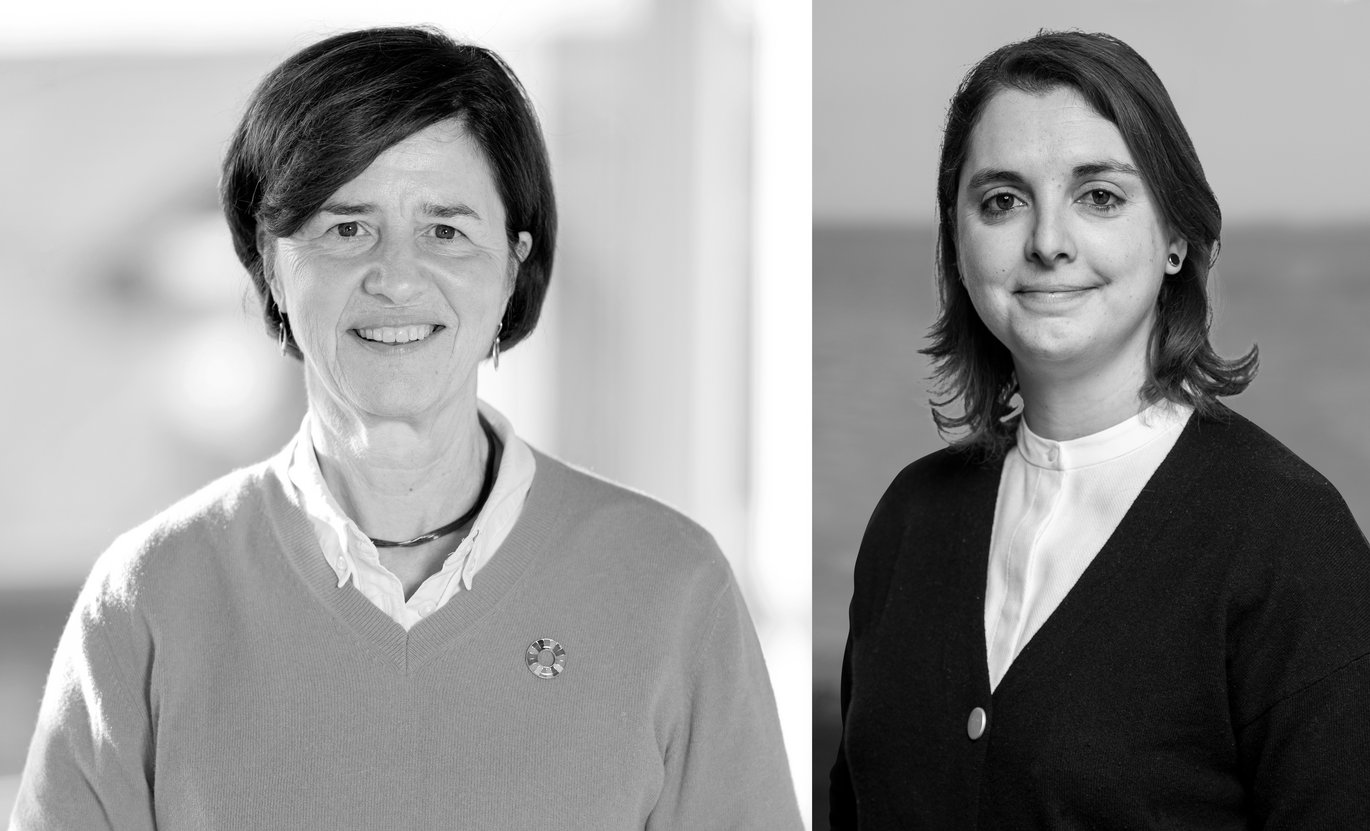CORC CO₂ Research Talk with Katherine Richardson and Marta Victoria
CORC invites researchers, policymakers, industry partners, entrepreneurs and stakeholders to participate in our monthly online CO₂ research talks. We are excited to announce the speakers for the November edition of the speaker series: Katherine Richardson and Marta Victoria.

Info about event
Time
Location
Online
Organizer
Presenting Katherine Richardson and Marta Victoria as our speakers for the November edition of the CORC CO₂ Research Talks
The third research talks will take place on 16 November 2022, and we are proud and honored to present Katherine Richardson as our external speaker, and Marta Victoria as our CORC-internal speaker.
Katherine Richardson: The ocean as a CO2 sink
Katherine Richardson is a Professor in Biological Oceanography at the University of Copenhagen and the Leader of the University's Sustainability Science Centre. She is also a member of the Danish Council on Climate Change. In her research, she focuses on a better understanding of the role of biological processes and biodiversity on the cycling of carbon in the upper ocean and how this impacts food webs and the global carbon cycle. Most of her research has been on marine plankton (primarily phytoplankton). However, she has also studied higher trophic levels such as fish (both larvae and adults) and harbour purpoises. She is a co-PI in The Center for Macroecology, Evolution and Climate (center leader Carsten Rahbek) supported by the Danish National Research Foundation, where she leads the theme on macroecology and oceanography.
In her talk she will focus on what we know (and don’t know!) about the biological processes influencing CO2 concentration in the surface ocean and how climate change may be impacting these processes.On time scales of 10s-100s of thousand years, changes in CO2 exchange between the ocean and atmosphere are critical for determining climate state. It is interactions between physical, chemical and biological processes, that determine whether the ocean is a sink or a source of CO2 in relation to the atmosphere. As long as we continue to increase CO2 concentration in the atmosphere, the ocean will act as a CO2 sink but what will happen when atmospheric CO2 concentration stabilizes or even begin to decline? If CO2 concentration in the surface ocean is higher than in the atmosphere, CO2 will outgas from the ocean to the atmosphere.
Marta Victoria: Pathways to clilmate neutrality
Marta Victoria is an Associate Professor at the Department of Mechanical and Production Engineering at Aarhus University. Her research focuses on the modelling of large-scale energy systems with high renewable penetration paying special attention to the role of solar photovoltaics. Within CORC, systems modeling of energy systems is an effective tool for gaining concrete knowledge about potential strategies that can be used to reduce CO2 emissions, as well as how different technologies can be combined.
Europe’s contribution to global warming will be determined by the cumulative emissions until climate neutrality is achieved. In a recent paper, Marta and her group have investigated alternative transition paths for Europe under different carbon budgets. In the talk, the similarities and differences among the alternative paths will be discussed. Marta will focus on the timing of the scale-up of technologies required for capturing and converting CO2, the system cost, and the required CO2 price.
Read more about the CORC CO2 Research talks series and see more upcoming talks here.
